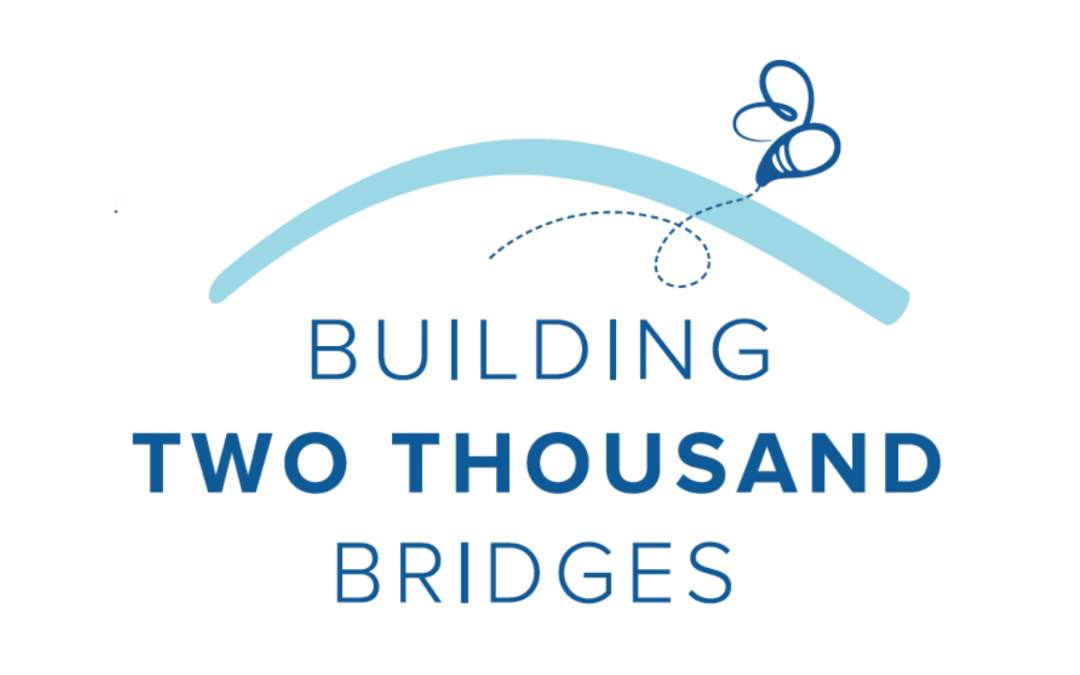Talk shows and reality TV feature situations where people with opposing views attempt to out-shout or belittle each other. Information is available to us 24/7 from a vast array of outlets, each with its own perceived bias. Social media quickly devolves into incendiary and offensive comments. Discussions are fraught with frustration and anger. We often retreat to communities of like-minded people, afraid to risk leaving the safety of our respective “bubbles.”
It seems that Americans have lost the ability to talk to one another—to have civil, meaningful conversations that deepen our understanding. A study conducted by Christine Porath, an assistant professor at Georgetown University, indicates that incivility in the workplace is at an all-time high. While one quarter of people surveyed in 1998 reported being treated rudely at work at least once a week, that figure rose to 55 percent in 2011 and was at 62 percent in 2016. According to the survey, Civility in America, 70 percent of adults say incivility has risen to a “crisis level.”
The internet connects us, making online “conversation” easy. Yet it also provides a way to post comments that may be hurtful. How do we encourage people—including the youngest generation of Americans—to begin to engage in effective conversations with people in this digitally connected world of micro-communities?
As a sisterhood, we can collectively take steps to encourage civility within our own circles of influence. This year’s President’s Project empowers each of us to create bridges in the civility gap by promoting tolerance, respect, and kindness. With 1,400 active members and thousands of alumnae nationwide, we can “Build Two Thousand Bridges” by having personal conversations with individuals we don’t know well in order to develop common understanding.
The concept of Building Two Thousand Bridges is grounded in the cardinal principles that define our sisterhood. First, we can and should lead the way in creating tolerance and respect. We all have a responsibility to be open minded. The Society for Human Resource Management notes that showing respect for others provides transformative benefits. Treating people with respect can instill confidence in them and offer them encouragement. In groups where respect is prevalent, people automatically begin to share ideas more freely. Leading with tolerance and respect allows us to replace jealousy with joy, backstabbing with pats on the back, and harassment with high fives.
Second, we can foster friendships by developing common understanding with others whose life experience may be different than our own. My family has been involved with an organization called Fort Worth Sister Cities International for a decade. Through this organization, individuals in various “sister cities” across the globe come to know one another through exchanges, both as students and adults. A friend of mine, Carlo, led a delegation abroad last year. He commented that it’s hard to hate a general group of people when you have experienced the hospitality of a family in that country. Like Carlo, once we begin to understand each other’s perspectives, we’re more likely to start working together toward compromises that can benefit each of us.
Finally, we can serve our communities with kindness. There are lots of benefits to organizing large-scale philanthropic days of service. It’s fun to focus our efforts with a group of people and do something for a common cause. Additionally, opportunities for random acts of kindness present themselves to us routinely. Imagine the transformative power when all of us consciously make individual efforts to practice random acts of kindness. We ignite a spark of civility and respect that can be passed on indefinitely.
Two Thousand Bridges. Three hundred sixty-five days. One conversation at a time. Infinite possibilities to foster tolerance, respect, and understanding for our benefit and that of the youngest Americans.
Steps You Can Take to Bridge the Gap in Civility
- Learn about communication styles and active listening.
- Invite someone you don’t know well, whose life experience may be different than yours, to join you for a coffee conversation. During your time together, identify the things you have in common. If both of you are inspired to continue the conversation, set another date!
- Be a force for positive change by performing random acts of kindness—especially in situations that could benefit from tolerance and respect.
Eight Advantages of Being Tolerant
- You might meet a new friend.
- You can learn something new and increase your cultural awareness.
- You learn to express your ideas better by explaining them to someone with a different way of thinking.
- You practice patience and respect, virtues that make us better people.
- You avoid problems, since you do not criticize or attack other people.
- You become an example to others.
- You develop a positive and welcoming attitude.
- You enjoy greater inner peace, which in turn can benefit your health.

